As an employer when should you consider involving occupational health when dealing with possible alcohol problems?
It is generally acknowledged that alcohol abuse is a societal problem that impacts on the workplace.
When does an employer need to be concerned about the alcohol consumption of its employees?
Health and Safety
Given the widespread abuse of alcohol any approach to alcohol in the workplace needs to firstly consider the management of health and safety risk.
The safety risk factors are obviously much higher for industries and jobs that have the potential to cause harm to others. For example driving or working with machinery.
By the by: It is always very helpful to ensure that Occupational Health are fully aware of the Safety Risks of any role: This for example includes working with vulnerable people; working at heights; driving or operating machinery.
Because the risk factors arising from alcohol are much higher the control measures should reflect this.
The ACAS guidelines on Alcohol in the workplace state:
View PDF viewed 29.7.13
Alcohol and the law
Under sections 2, 3 and 4 of the Health and Safety at Work Act 1974, all employers have a general duty to ensure the health, safety and welfare of their employees. If an employer knowingly allowed an employee under the influence of alcohol (or drugs) to continue working and this placed the employee or others at risk, the employer could be liable to charges. Under section 7 of the Act, employees are also required to take reasonable care of themselves and others who could be affected by what they do. They, too, could be liable to charge if their alcohol consumption (or drug-taking) put safety at risk.
Therefore for those organisations with significant safety risks it is essential that a policy is developed that realistically reflects the risk factors. Given that it is known that alcohol abuse is widespread there should be an assumption that there is high potential for alcohol related problems. We are happy to help with policies and along with our partner organisation Screensafe can provide both alcohol and drug testing as well as education and training.
Productivity/Behaviours/Pastoral
If there are no Health and Safety issues the pressure to deal with alcohol abuse is alleviated UNTIL it becomes a concern. Whilst in an ideal world all companies would have a super-duper legally compliant policy with clear signposting for many reasons this may not be the case! This does not mean you cannot deal with alcohol problems.
Alcohol and Occupational Health
Occupational Health exists to give employers and employees expert advice on the management of health issues in the workplace.
It cannot replace any management of the issue: For example if an employee is perceived to smell of alcohol or turns up to work in a clearly inebriated state it could be totally legitimate to send them home (particularly if in a safety sensitive or customer facing role!). We would advise that a matter of fact approach that neither excuses but is also not embarrassed to raise the issue is best.
If you chose to go this route and then, when they are fit meet with them; depending on the result of the meeting a referral to OH could be advised.
Examples:
• Person said it was a one off due to exceptional circumstances: There has been no previous history: In this case it is unlikely that OH can contribute much at this stage unless there is other evidence that suggests a more serious problem. Therefore this can be managed under normal disciplinary processes. This however should be documented and monitored.
• Person denies absolutely any problem, says they didn’t smell of alcohol. If never occurred before you may need to take at face value but monitor the situation closely.
• Person admits they have a problem with alcohol: If the person works in a safety critical role they should immediately be redeployed. A referral to occupational health is completely appropriate here. The employer needs to understand the problem and prognosis and the likely effects on work.
What about when we have suspicions but no evidence?
What is making you suspicious? It could be:
• Poor attendance
• Slurred speech
• Comments by peers/managers
• Irritability/aggression
• Or indeed any number of concerns.
If there are performance or work issues you can raise these as observations with the employee. You could then consider a referral to occupational health, if you think it is appropriate. The referral should tell us the observable behaviours and facts without judgement:
For example:
• The person has a sickness absence pattern that is most often at the end of the week or the beginning.
• Colleagues and managers have observed that this person appears very tired at present.
Your questions should then ask:
• Is there an underlying medical condition to account for?
• If so please advise likely impact on work?
• What can employer do to support employee so they can deliver effective service?
• As role is safety critical are there any restrictions?
Primary care such as GPs or even alcohol detoxification units can be of limited use to the employer in terms of mitigation of organisational risk. This is quite simply because they may not be aware of the risk factors present in the organisation nor will they have the expertise to advise the employer. In addition they are quite correctly only concerned with the employee’s wellbeing.
Who has the expertise to advise on alcohol abuse/alcohol dependency?
This is not within the capacity of an Occupational Health Nurse Adviser – neither the diagnosis nor ongoing interventions are within their expertise. However Occupational Health Advisers will always ask about alcohol intake/consumption at every consultation as described in the NICE Guidelines – Alcohol-use disorders: preventing harmful drinking June 2010.
Occupational Health Physicians can provide general advice but in general the specific diagnosis of alcohol abuse or alcohol dependence is a specialist diagnosis.
This, bluntly, is one of the reasons we have a Consultant Psychiatrist on our team.
In a sample of 20 cases seen by Dr Roberts picked randomly over 12 months 13 had alcohol abuse or dependency as the main cause of mental ill health.
Dr Roberts is currently advising employers and employees with cases of alcohol related dementia.
Dr Roberts (as well as many other psychiatrists/specialists) can assess and provide specific advice for mental health problems including alcohol abuse and dependency. He can also offer specialist insight into treatment options and likelihood of engagement with treatment. The prognosis for alcohol dependency/alcoholism is contingent on many many factors. Alcohol dependency can be characterised by many relapses as well as highly destructive behaviours.
For an alcoholic, alcohol is the number one factor in their life to which all other factors are highly subordinate.
Detoxification from alcohol can be very dangerous and must be done under medical supervision.
Alcohol Abuse may mean amongst other things, that someone is drinking in a harmful manner by for example drinking far more than the guidelines. It can also mean that they drink in a way that leads to anti-social behaviour. However they do not fit the definition of dependency. They drink on in this way despite knowledge of the harms.
Without the features of full dependence the treatment and support options can be relatively straightforward from a medical point of view as they do not have the risk factors associated with withdrawal. However as with all support the person has to be motivated to change.
Alcoholism or alcohol dependency is a specific clinical diagnosis. It is separate to alcohol abuse/harmful use of alcohol.
The following extract from the Website of the International Center for Alcohol Policies
http://www.icap.org/ viewed 30.7.13
Summarises as follows:
A medical perspective on alcohol dependence has allowed evidence-based diagnostic criteria to be developed to assist in identifying dependent individuals. This model of alcohol dependence has increasingly gained currency around the world and is accepted as the basis for its classification and diagnosis through the International Classification of Disease, ICD (World Health Organization, 1994) and the Diagnostic and Statistical Manual of Mental Disorder, DSM (American Psychiatric Association, 1994).
Alcohol dependence is classified as one of several substance-related disorders involving psychoactive substances, including alcohol. According to the ICD-10, the dependence syndrome is a “cluster of behavioral, cognitive, and physiological phenomena that develop after repeated substance use and that typically include a strong desire to take the drug, difficulties in controlling its use, persisting in its use despite harmful consequences, a higher priority given to drug use than to other activities and obligations, increased tolerance, and sometimes a physical withdrawal state” (World Health Organization, 1994).
A similar definition in DSM-IV requires the presence of at least three of the following six symptoms within a 12-month period for a positive diagnosis of alcohol dependence:
1. Tolerance increasing amounts of alcohol are needed to produce the desired effect in a given individual. Where the threshold for tolerance lies varies from one individual to another.
2. Withdrawal from the absence of alcohol: characterized by a number of physiological symptoms, most commonly tremor, anxiety, sweating, agitation and restlessness, nausea, and diarrhea. Depression and sleep disorders are also common. Further drinking generally relieves these symptoms.
3. Salience of drinking: a dependent individual’s drinking occupies higher priority than other interests or obligations. Typically, hobbies and interests, once important, have been put aside to make room for a greater focus on drinking.
4. Craving an individual’s compulsion to drink, triggered by any number of external cues or “primed” by the first drink or two.
5. Impaired control an individual’s lack of control over drinking and difficulty setting consumption limits. At the same time, a dependent individual tends to be acutely aware of the need to curb his or her drinking.
6. Continued use despite harm continued harmful drinking despite awareness of the adverse effects.
Certain drinking patterns are characteristic of alcohol dependence, primarily those that have been described as the “narrowing of the drinking repertoire.” These patterns are rigid and not easily changed by external influence. The dependent individual’s drinking pattern is driven by considerations such as avoiding the symptoms of withdrawal. However, certain drinking patterns may also lead to the development of alcohol problems culminating in dependence (Cloninger et al., 1981; Cloninger, Sigvardsson, & Bohman, 1996). Heavy steady chronic drinking at sufficiently high levels can lead to the physiological changes that result in alcohol dependence.
Summary:
Alcohol issues are difficult to deal with
Alcohol dependence is a specific diagnosis which needs to be made by a competent medical specialist.
Employers need to put Health and Safety first.
Due to medical confidentiality Occupational Health may not be able to give you the specific diagnosis. However we will give the employer the necessary advice to be able to manage the situation.
We are always happy to provide advice and support to our customers (obviously within the bounds of our Registration) so if as an employer you want to speak to us, please do.
Find out more about our Occupational Health and Health Surveillance services.




